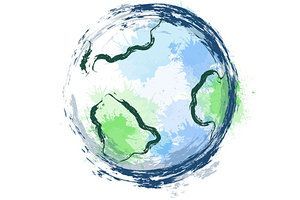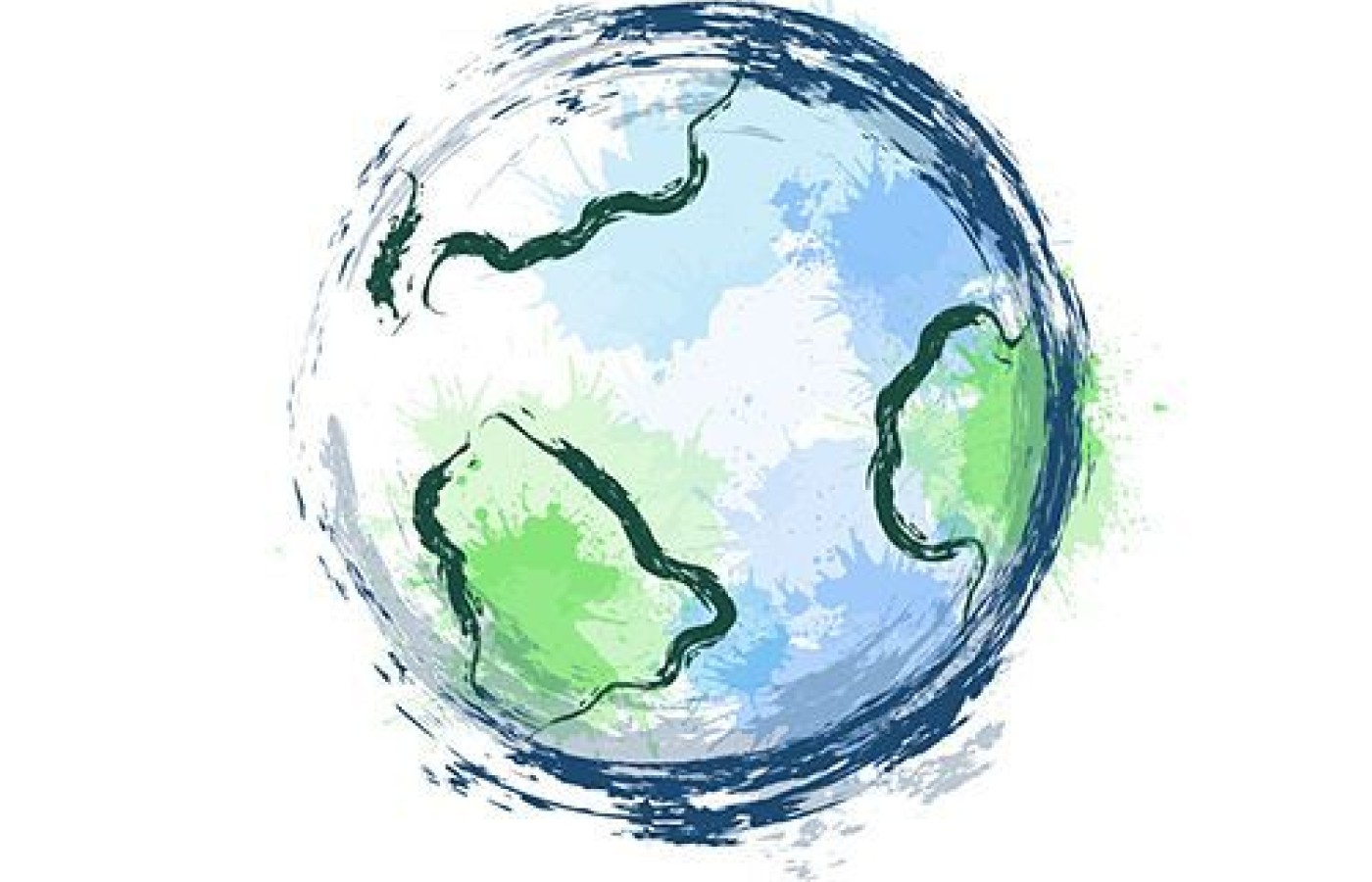One of the longest nerves in the body is known as the vagus nerve (VN). The VN is the 10th pair of cranial nerves that originates at the brain stem in the medulla oblongata. This nerve is part of the parasympathetic nervous system, which is a part of the ANS. Research suggests ear acupuncture can activate the VN.
New WHO Report: Encouraging Signs
It's clear the profession is continuing to make progress in the U.S.; however, the latest World Health Organization (WHO) Global Report on Traditional and Complementary Medicine 2019 breaks down the progress being made worldwide. It also assesses the implementation of efforts put in place by the WHO Traditional Medicine Strategy 2014-2023, published in 2013, and written in response to the World Health Assembly resolution on traditional medicine (WHA62.13).1-2
Upon reaching the strategic plan's halfway point, it seems WHO is on the right track. As the executive summary states, "Globally, the landscape for [Traditional & Chinese Medicine] has been improving consistently. In line with the WHO Traditional Medicine Strategy 2002–2005 and the WHO Traditional Medicine Strategy 2014–2023, and relevant World Health Assembly resolutions, Member States took steps between 2005 and 2018 to promote the safety, quality and effectiveness of T&CM. They also took steps for the appropriate integration of T&CM into health systems (particularly health services) by developing national policies, regulatory frameworks and strategic plans for T&CM products, practices and practitioners."

The report is broken into five sections: 1) national framework for traditional and complementary medicine; 2) regulatory status of herbal medicines; 3) practice, providers, education and health insurance; 4) challenges and the need for WHO support; and 5) country summaries. To review the complete report please click here.
References
- WHO Global Report on Traditional and Complementary 2019. Geneva: World Health Organization, 2019.
- WHO Traditional Medicine Strategy 2014-2023. Hong Kong, SAR, China, 2013: p 11.



